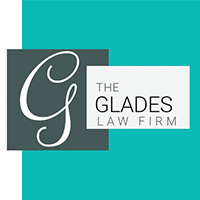 Asbury RICO Act Lawyers, Missouri
Asbury RICO Act Lawyers, Missouri
Sponsored Law Firm
-
 x
x

Click For More Info:
-
The Law Offices of Richard L. Cooper, P.A.
848 Brickell Avenue Suite 800 Miami, FL 33131» view mapDWI/DUI, Drug Trafficking, Felony Nationally Ranked Top 40 Under 40
With Richard L. Cooper you can expect a trusted confidant who will work diligently to fully understand your case and determine a road map to help you regain control of your life.
800-756-2781
Not enough matches for Asbury RICO Act lawyer.
Below are all Asbury Criminal lawyers.
Sponsored Lawyers
1-9 of 9 matches
Accident & Injury, Divorce & Family Law, Criminal
Our experienced legal staff is dedicated to helping you with the following legal matters: Family Law Criminal Defense Personal Injury
(more)



 Richard L. Cooper Miami, FL
Richard L. Cooper Miami, FL AboutMiami Attorney at Law
AboutMiami Attorney at Law ServicesCriminal Defense
ServicesCriminal Defense

